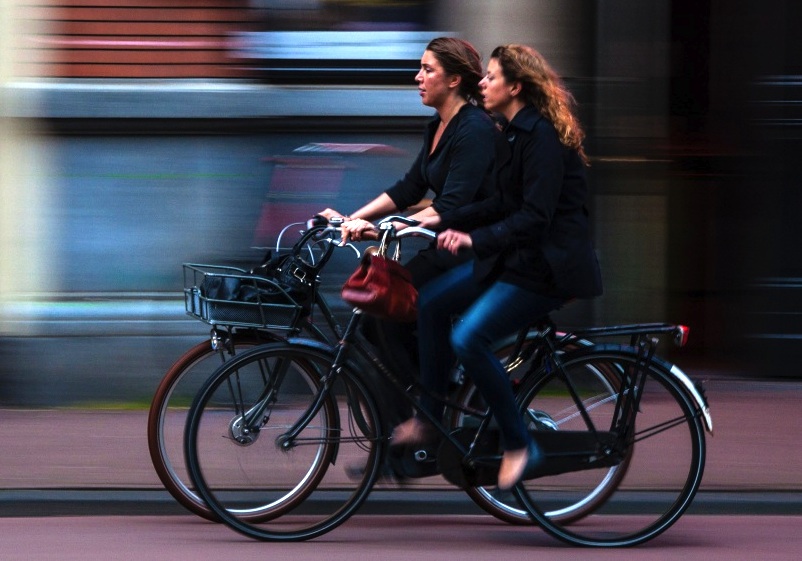June 5, 2021 - The world will need much more cycling if we are to overcome climate change, the most urgent crisis of our times. If we succeed, the 2020s could be the decade when the way we transport ourselves stopped being the problem and became part of the solution.

World Bicycle Day, 3 June, may only come around once a year, but this decade could see the bicycle reclaim a central place in our societies – and mitigate the worst crisis of our times.
History books will kick off the story of the 2020s with the devastation of COVID-19. The global pandemic has claimed over 3.5 million lives to date, and it has influenced every aspect of our lives, from our social relations and physical and mental health to the way we work and move about.
As tragic and challenging as it has been, the pandemic has also made more people all over Europe adopt cycling as their way of getting around. New and old cyclists alike flooded our previously car-dominated cities and towns during lockdown, and bike shops have struggled to keep up with demand.
Across the continent, politicians acted quickly. Many either accelerated existing plans for cycling or introduced cycle-friendly measures for the first time, often by introducing quick, temporary measures such as “pop-up” cycle lanes – also known as tactical urbanism.
A recent study using data from the European Cyclists’ Federation showed that pop-up cycle lanes increased cycling levels by up to 48% in European cities. Perceptive authorities in many places are now making those pop-up lanes permanent. In many countries, there is renewed political momentum for investing in cycling, not least in national economic recovery plans.
Read the full report here.


















